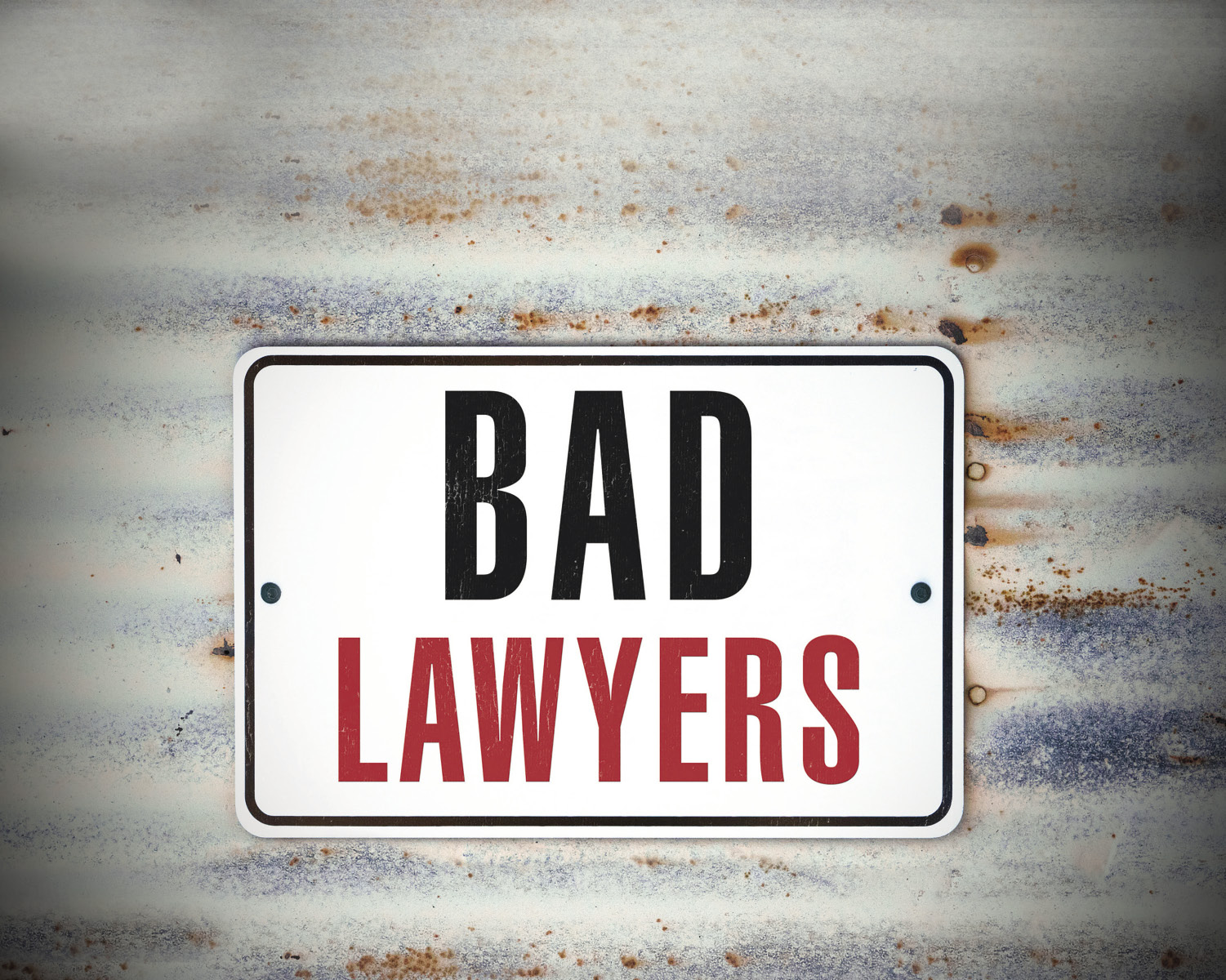
- One person’s moral conviction is not another’s legal obligation.
- Lawyers must have integrity and comply with professional codes.
Law is the great ethical common denominator. We can disagree with it but we must obey it or take the consequences. It tells us, in a way which matters, what is right and what is wrong. It tells us what is permitted and what is not. It tells us that with compliance comes the freedom to speak or to do as we please.
Individually I may think that failing to stand for the national anthem should be punished by public stoning but, until my lobbying produces a referendum and legislation, you can continue to sit there gesturing disrespectfully in my general direction. A Beefeater will not appear and haul you off to the Bloody Tower.
Fortunately for lawyers, we are not experiencing a shortage of law. Law, like nature, abhors a vacuum and a vast cloud of law








